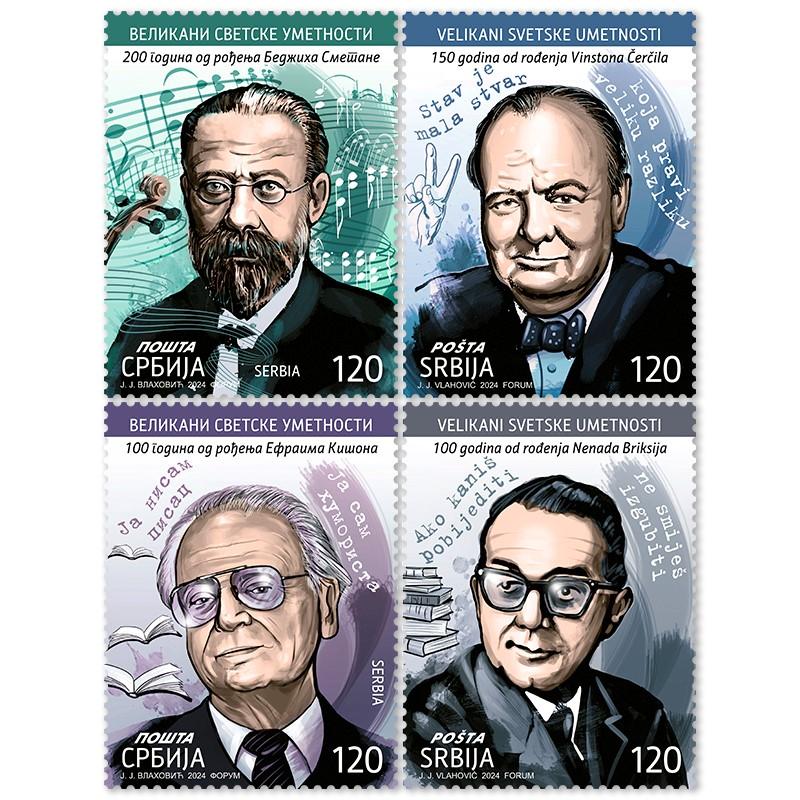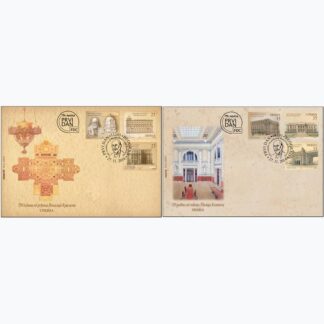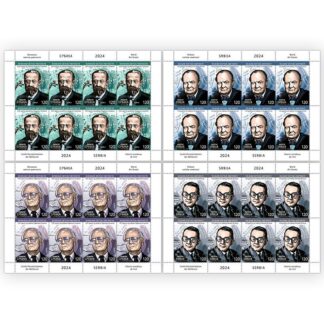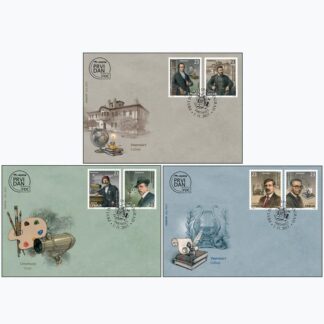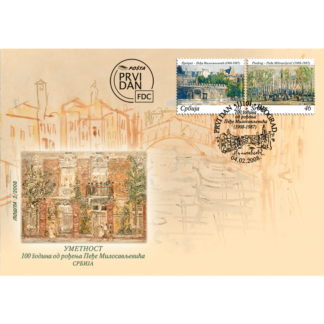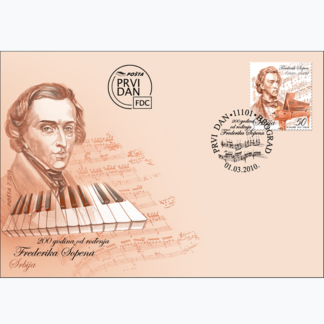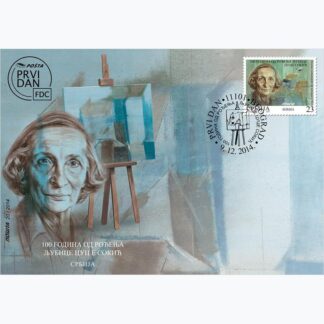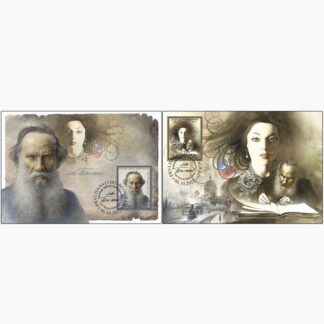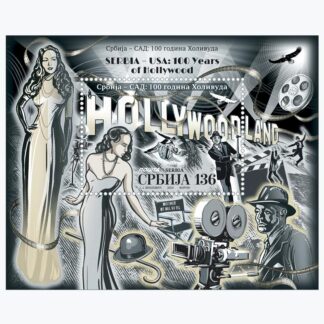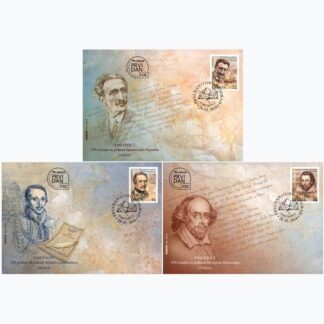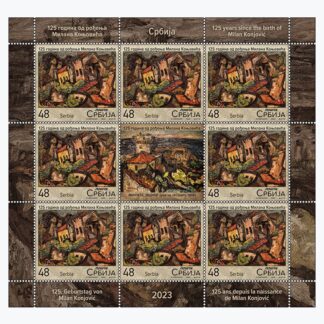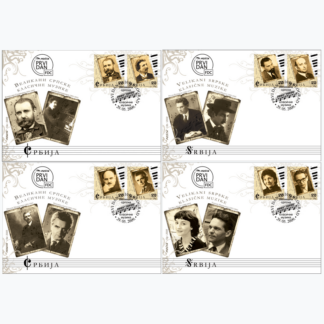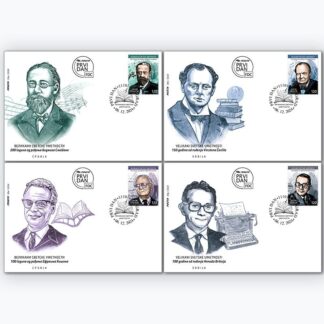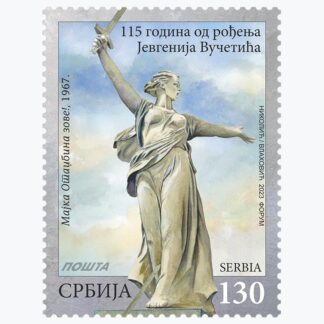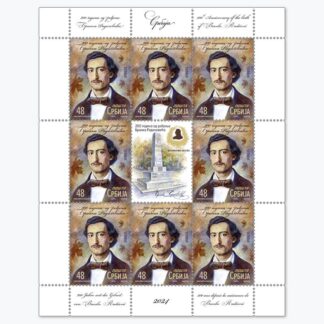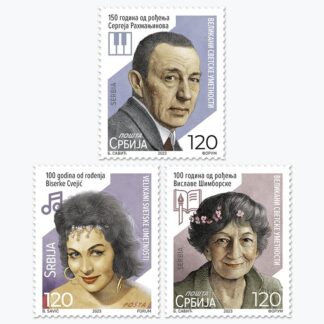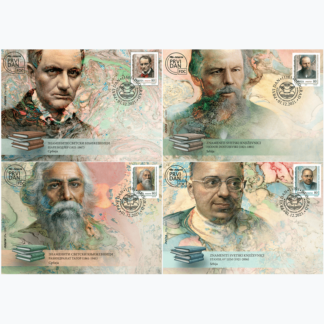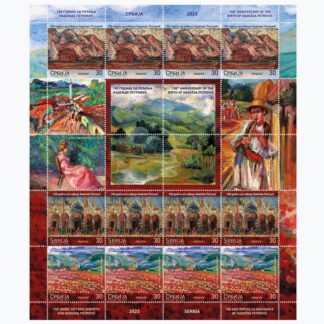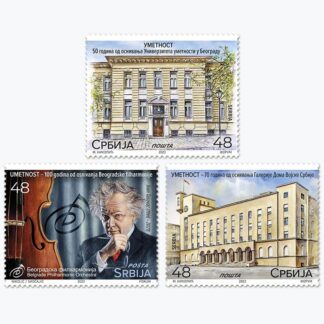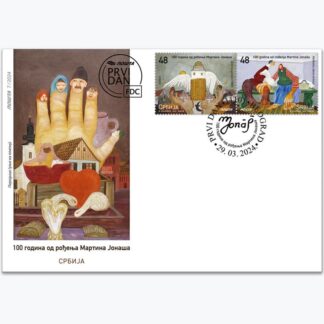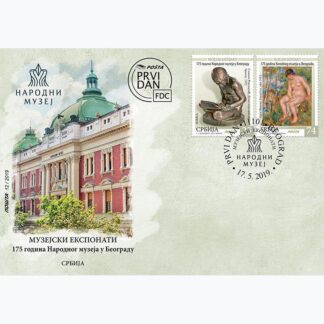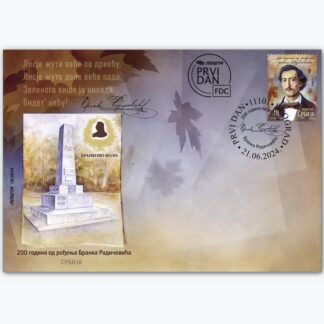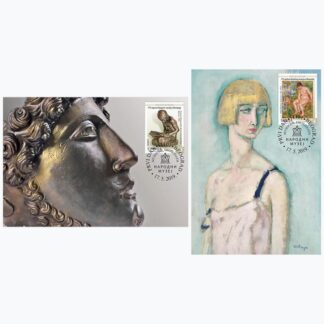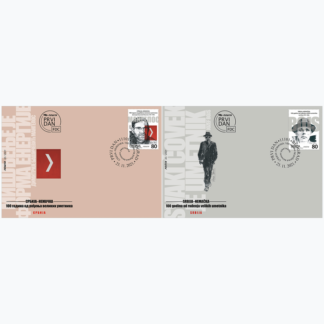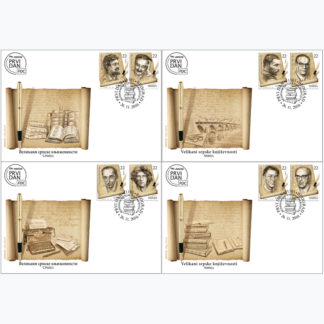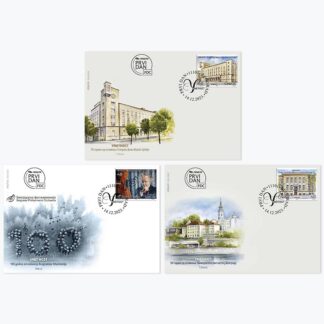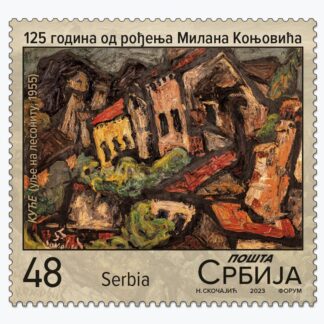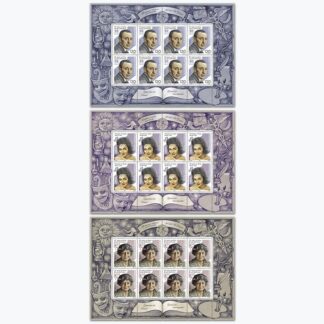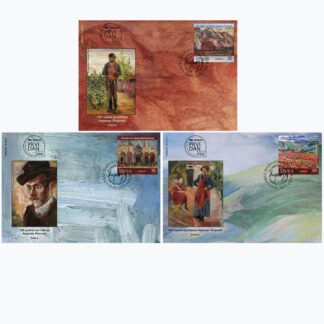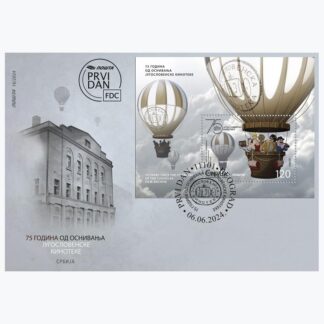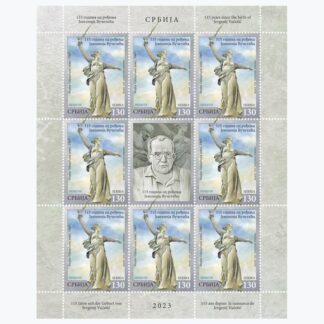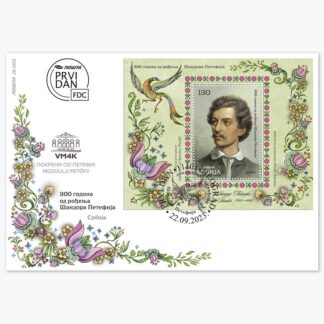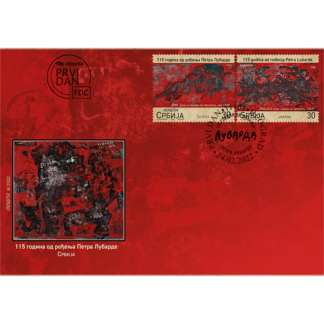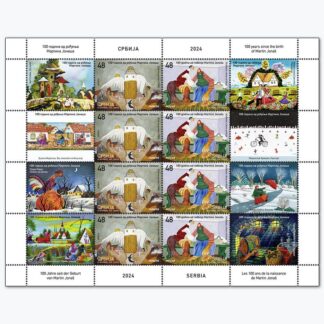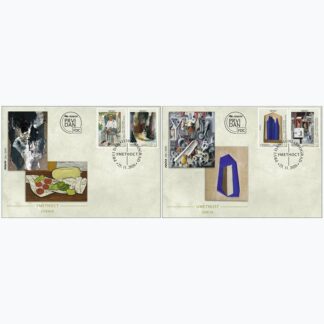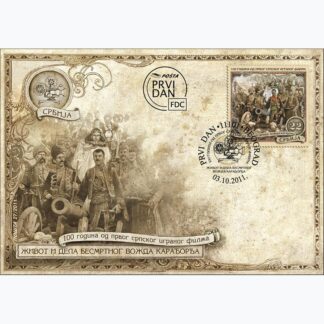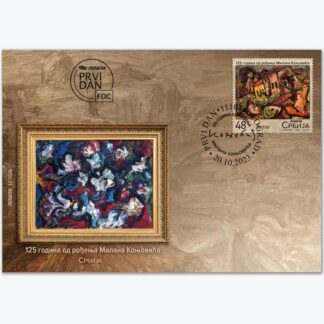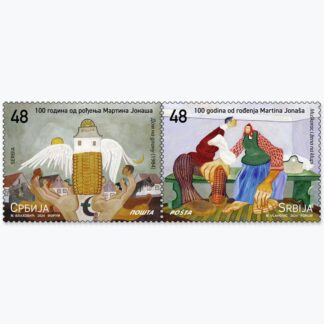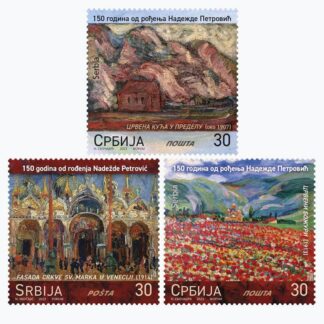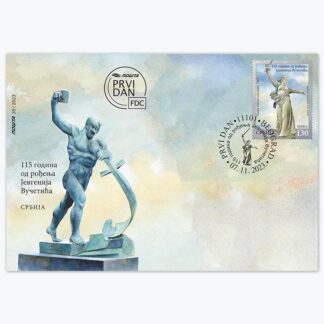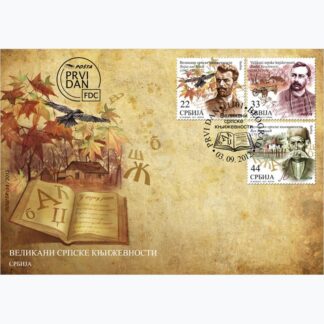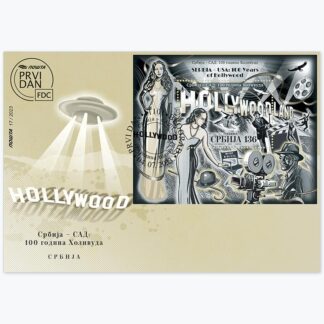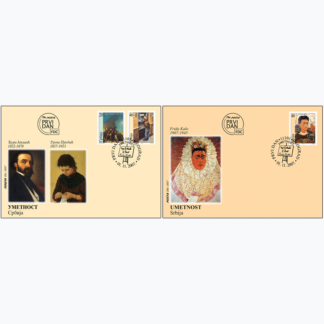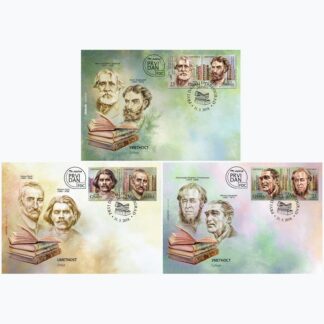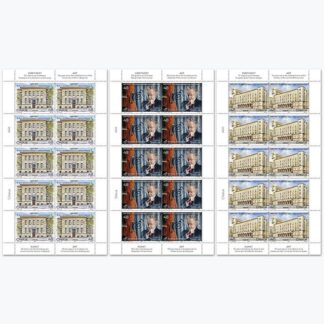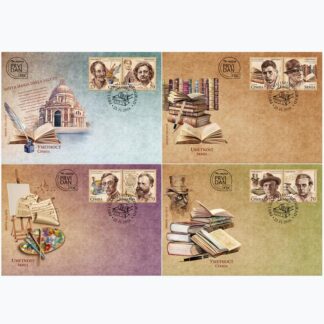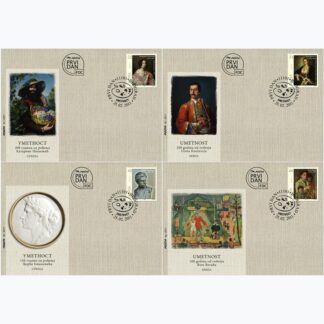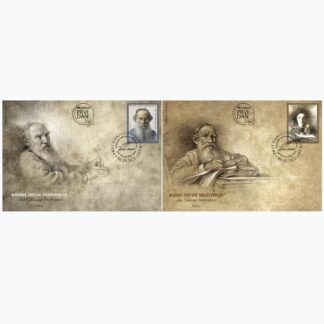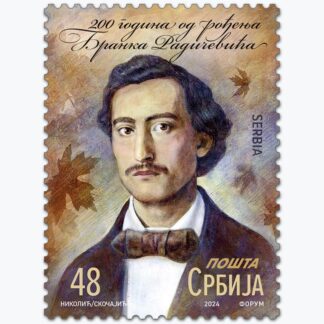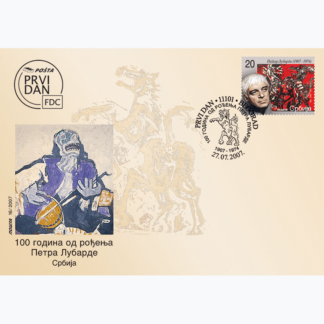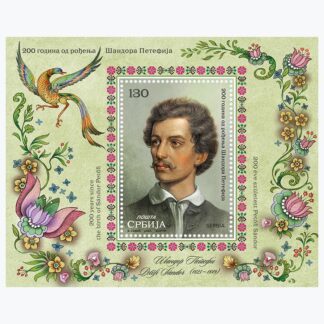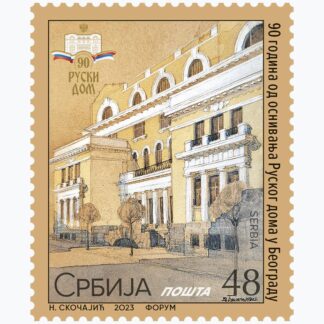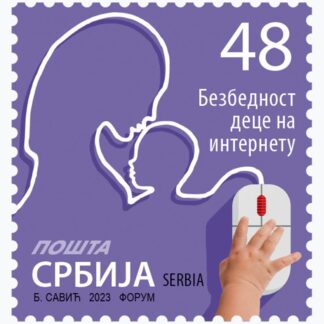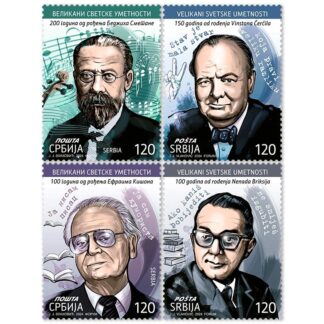Description
200th anniversary of the birth of Bedřich Smetana
Bedřich Smetana (Litomysl, March 2, 1824 – Prague, May 12, 1884), Czech composer and conductor, creator of the Czech national opera and master of the symphonic poem. His compositional work significantly shaped Czech national music. He was a pioneer in the integration of elements of folklore into classical music, and his authorial work represents a link between romanticism and modernism. Smetana’s music is emotional and dynamic, often using rich harmonies and coloristic effects.
One of his most famous works is the opera “The Bartered Bride”, which has become a symbol of Czech culture and identity. This opera, based on folklore, encompasses themes of love, respect and tradition. Smetana, using folk melodies and rhythms, contributed to the creation of a unique musical language that reflects the Czech spirit, thus affirming the culture of his people.
Bedřich Smetana is also the author of symphonic music, among which the cycle of symphonic poems “My Homeland” stands out. This musical piece, which has as its theme the natural beauties and historical events of Czechia, exudes his love for his homeland. Each poem from the cycle, among which “Vltava” is the most famous and popular today, brings a special atmosphere and story.
Bedřich Smetana is today considered one of the most important Czech composers, and his works are performed all over the world. His ability to combine personal feelings with folk tradition and national identity left a deep mark on music, which continues to inspire generations of musicians and listeners.
150th anniversary of the birth of Winston Churchill
Sir Winston Leonard Spencer Churchill (Woodstock, November 30, 1874 – London, January 24, 1965) was a British statesman, wartime Prime Minister of the United Kingdom in World War II, one of the creators of the global order in recent human history and one of the most significant historical figures of the 20th century. In addition to the numerous statesmanship functions he held, he was also a talented and successful artist from a young age. Art was a means for Churchill to achieve inner peace and escape reality, especially during turbulent periods in his political life. He discovered his passion for painting in his youth, and devoted himself to it more seriously after World War I. His style was inspired by Impressionism, so he often painted landscapes, gardens and scenes from nature, using rich colours and expressive brushstrokes.
Churchill’s prolific literary work includes historical, biographical and autobio-graphical pieces, as well as one romance novel and at least two film scripts. He wrote a biography of his father, “Lord Randolph Churchill” (1906) and a biography of his family ancestor, “Marlborough: His Life and Times” (1933–1938). He also published autobiographical works from the times of British Imperial Wars in India, the Sudan and South Africa. Although he was not an academic historian, he wrote some of the most famous and voluminous works of narrative history – “The World Crisis”, six volumes published between 1923 and 1931, “The Second World War”, six volumes published between 1948 and 1953, and “A History of the English-Speaking Peoples”, four volumes published between 1956 and 1958. He received the Nobel Prize in Literature in 1953 for “The Second World War”.
More than 500 painting pieces and over 40 literary titles make up Winston Churchill’s artistic legacy, which complements his political greatness, leaving the lasting mark on the political and artistic history of humanity of the 20th century.
100th anniversary of the birth of Ephraim Kishon
Ephraim Kishon (Hebrew: אפרים קישון; Budapest, August 23, 1924 – Appenzell, January 29, 2005) was an Israeli satirist, playwright, screenwriter and film director. He was born Ferenc Hoffman. He studied fine arts, painting and sculpture. He began writing during his studies, developing a specific creative style that can be described as “humour in the service of truth”. He survived the Holocaust, which profoundly influenced his perspective and creativity. He emigrated to Israel in 1949. His specific humour, which combined irony, sarcasm and wit, was a sharp criticism of human stupidity and social anomalies, but often also depicted the struggles and challenges faced by the new Israeli nation. Ephraim Kishon’s works are inspired by everyday life and his characters represent various aspects of Israeli society. Ephraim Kishon wrote novels, short stories, plays, and film scripts, and his satirical and cynical analyses of social phenomena have made him one of the most beloved writers in Israel and around the world.
Among his most famous works are “My Family Right or Wrong”, “How unfair, David”, “Mein Kamm – My Comb”, “Blessed is He Who Believes”, “The Seasick Whale”, “The Fox in the Chicken Coop”, “No Oil, Moses” and numerous others, in which he critically shed light on serious life topics through humour and satire, making an exceptional contribution to Israeli and world culture and literature.
100th anniversary of the birth of Nenad Brixy
Nenad Brixy (May 4, 1924, Varaždinske Toplice – August 17, 1984, Zagreb) was a Croatian journalist, novelist and comedian, the founder and editor of many magazines in post-war Yugoslavia. He edited “Varaždinske vijesti” (1945–1947), “Novi list” in Rijeka (1947–1954), “Narodni list” in Zagreb (1955), and Globus (1956). He was the editor-in-chief of the magazine “Plavi vjesnik” (1960–1967), and then the entertainment editor of the Zagreb-based “Vjesnik” (1967–1974), but he retired early due to health problems.
Brixy was also a successful author of short stories, sketches, humoresques, and travelogues, and published notable novels under the pseudonym Timothy Thatcher, the best-known and most successful of which is “No Entry for the Dead”, translated into five languages, published in about a dozen editions, and filmed in two different movie versions.
Nevertheless, Nenad Brixy will be remembered in the social history of the former Yugoslavia as the editor and translator of the Italian comic book “Alan Ford”, whose brilliant and ironic translations, extremely successfully localized, contributed to “Alan Ford” gaining mythical popularity and cult status in the Serbo-Croatian speaking area.
The original twists that Brixy “composed” brought freshness to the comic, making it an integral, almost original piece of domestic popular and alternative culture: “Better something from something than nothing from nothing”, “He who sleeps is not awake”, “If you intend to win, you must not lose”, “Better to live a hundred years as a millionaire than one week in poverty” and others, were the maxims with which generations born in post-war Yugoslavia grew up.
Nenad Brixy has also written numerous other pieces, including the book of reports “Side by Side”, the novel “And So On” and the radio comedy “A Quiet Life”, as well as a series of novels about detective Timothy Thatcher.
Artistic realization of the issue: MA Jakša Vlahović, academic graphic artist
